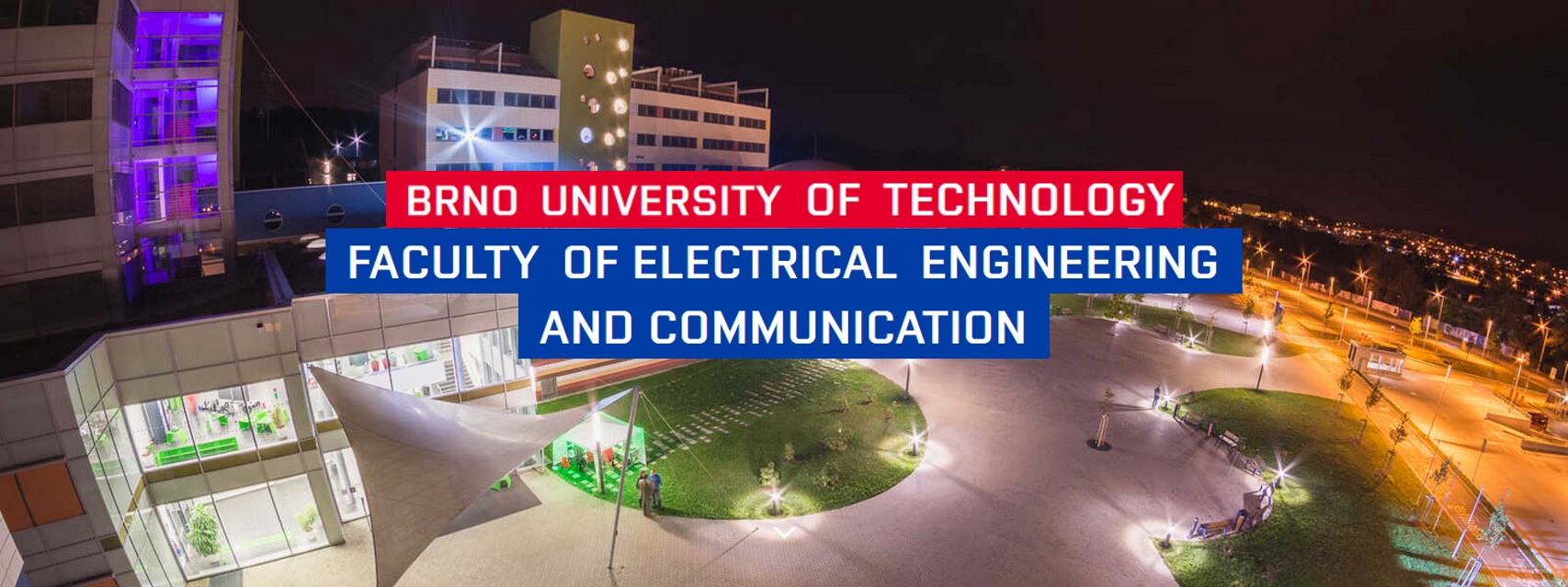Electrical Engineering

deadline
Bachelor's degree program "Electrical Engineering" offers a university degree in electrical engineering with specialization in Electronics and Communication Technologies and with specialization in the field of Power Systems and Automation. The aim of the study program is to provide candidates with qualified knowledge, skills and abilities for use in the manufacturing, service or service engineering of the electrical industry.
The student is expected to acquire high quality theoretical knowledge of mathematics, physics, electrical engineering, basics of electronics related subjects, communication systems, power engineering and automation. Emphasis is also placed on general and professional language training.
The general-purpose higher education program provides a good basis for further complementing the theoretical knowledge in an electrical engineering related follow-up Master program.

Graduate profile:
The Bachelor's degree programme Electrical Engineering provides higher education in all branches of low-current and heavy-current electrical engineering and electronics, including various fields of applied electronics, microelectronics, communication technologies and instruments, power engineering, electrical and electronic technology, and control and measurement. The programme is centered on educating electrical engineers and electronics exports having knowledge and skills within the design, engineering, operation, and application of electrical and electronic circuits, equipment, and systems.
At graduation, a student will have become acquainted with theoretical principles and special problems of mathematics, physics, electrical engineering, measurement, and applied information technology; particulars of the practical design, operation, and application of advanced electronic circuits and systems within low-current electronics and electronic communication technologies; elements of telecommunications as well as electric machinery, devices, drives, actuators, and power electronics; properties and options associated with materials for electrical engineering and microelectronics; and approaches to the diagnostics of relevant materials and equipment.
The graduates will be able to
- characterize technical systems and processes in electrical engineering;
- evaluate the results of calculations and measurements, based on critical thinking and the knowledge acquired during their studies;
- estimate and propose appropriate procedures to solve technical problems.
The graduate skills include
- applying basic and professional knowledge to solve specific problems or requirements within
- electrical engineering;
- selecting appropriate criteria to design and develop technical systems in electrical engineering;
- selecting appropriate criteria to set up and control technical processes in electrical engineering;
- solving a technical problem via the acquired knowledge of methods and by using suitable engineering instruments;
- evaluating the economic, social, and environmental impacts of technical solutions;
- commitment to further learning, education, and professional development.
Admission requirements:
How to apply
The procedures begin with the submission of an electronic application form. After being filled in, the document has to be printed, signed, and sent out by post (preferably a registered postal service) to the FEEC BUT, including the required attachments.
An application will be considered only if the appropriate processing fee of EUR 30 has been paid.
When applying, proceed as follows:
- Choose a study programme.
- Fill in the application form
- Pay the processing fee of EUR 30 (you will receive the details after submitting the application) and send out the signed form, together with all relevant required documents, to the FEEC.
The application and processing fee payment deadline for the academic year is March 31; the required documents to accompany the application form are specifying below..
What are the required documents?
- A certificate of secondary education,
- A certificate of recognition (nostrifikační doložka) to validate foreign education and qualifications, if applicable.
These records (namely, their official hard copies) are obtainable from the competent regional authority and must be delivered to the FEEC in Czech or English, not later than April 15.
Where the applicant cannot provide a certificate of recognition, they are allowed to submit, before or on April 15, and at the fee of CZK 750, a request for the assessment of education compatibility.
If, for any reason, the documents specified above are not deliverable to the FEEC within the deadline, the applicant may seek an extension, via a well-substantiated request to be submitted before or on April 15.
You will find complete information about admission here.
Student Ambassador
Other study programmes

deadline
(academic year)

deadline
(academic year)

deadline
(academic year)





